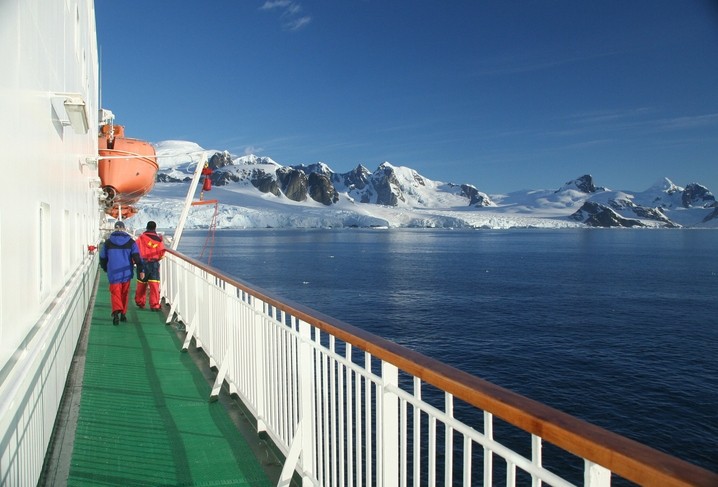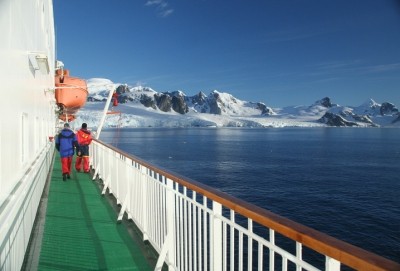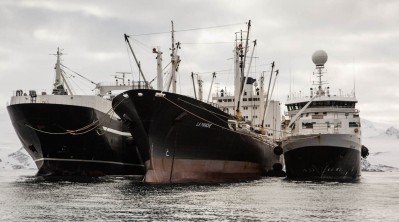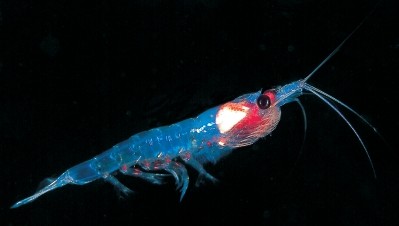Krill oil withdrawal by retailers opens up sustainability dialogue

Pressure from the environmental group as well as consumers means Boots join other UK-based retailers like Morrison’s in having its supplement offerings thrust under the spotlight.
“We only sell products containing krill oil that comes from MSC and Friends of the Sea certified sustainable fisheries,” insisted a spokesperson for Boots UK.
“Boots sells a very small proportion of the annual catch – which itself forms approximately 0.5% of the total estimated biomass of Antarctic krill.”
“As a leading industry voice, we are engaging with stakeholders to understand how we can best use this voice to meet our common goal of more sustainable oceans – which wouldn’t be possible if we were to withdraw from the market entirely.”
Boots comments follow those from Holland and Barrett, another health food and supplement stockist, who recently responded to Greenpeace’s campaign.
This news article has been altered after NutraIngredients initially published the story suggesting UK retailer Boots is planning to withdraw Krill supplements. This statement was incorrect and caused by a mistake in the editing process. We apologise for the mistake and have now corrected the error.
A spokesperson for Holland & Barrett said it will remove all krill-based products from sale in the coming weeks, choosing to replace krill oil with algal oil, omega-3 products and other fish oil alternatives.
With claims outlined in a recent Greenpeace report that details the methods for obtaining krill, the environmental organisation added that whales and penguins were losing a core food source to industrial-sized fishing boats.
Additional claims accuse UK stockists like Boots of fuelling an expanding Antarctic krill fishing industry and justifying the exploitation of sensitive Antarctic waters that need protection.
“Boots and other retailers can use their buying power to influence the krill industry, calling on the fishing companies they source krill from to respect the precautionary principle and cease fishing in sensitive Antarctic waters that have been earmarked by governments for protection,” said Louisa Casson, campaigner for Greenpeace UK's oceans team.
“To demonstrate their support for a network of marine sanctuaries in the Antarctic through action, responsible retailers should ensure that they aren’t sourcing products fished from areas under formal consideration as Marine Protected Areas (MPA).
Krill oil challenges
Issues of sustainability and environmental implications are at the heart of krill fishing.
Greenpeace’s assertions that industrial fishing for krill is posing a serious threat to the Antarctic ecosystem is naturally countered by those active in the omega-3 supplement industry, who insist international regulations are adhered to.
For companies involved in harvesting and processing Antarctic krill, news of Boots and Holland & Barrett’s intentions look hasty, with some welcoming the report’s findings as a way to improve working practices.
“In our minds, we think that sustainable fisheries can co-exist with marine-protected areas,” said Cilia Holmes Indahl, sustainability director at Aker BioMarine.
“We support the establishment of MPAs, and acknowledge the importance of environmental NGOs having a voice and challenging industry to increase the understanding of urgency related to MPAs.”
“But I think that we are confident and secure in our own position to stand up to scrutiny,” she added. “I acknowledge that it is being fished in a very vulnerable ecosystem but we are doing everything we can to ensure the sustainability of the krill fishery. The regulations for fishing in those areas are also extremely strict and makes illegal fishing and overfishing close to impossible.”
“The Greenpeace report should not be seen as a negative but progress in the sense that they acknowledge the fisheries are well-managed. They are asking for precautionary steps when fishing on the Antarctic coast.
“We engaged with Greenpeace before they launched this report. We’re not surprised by the report but we prefer to be engaged in dialogue in solving the underlying concerns with action.
Holmes Indahl added that in the past AkerBiomarine had substantial dialogue with environmental NGOs such as the WWF and are currently looking into proactively supporting the process of establishing a MPA.
MSC and GOED weigh in
For those involved in the regulatory aspect of Antarctic Krill fishing, there is no doubt that its management is sound, as the demand for omega-3 by consumers is matched by demands for transparency.
“There is a robust body of evidence available that Antarctic krill is a very well-regulated fishery. The fishery is MSC-certified and has strong oversight by the Commission on the Conservation of Antarctic Marine Living Resources (CCAMLR),” said Ellen Schutt, Interim Executive Director for the Global Organization for EPA and DHA Omega-3 (GOED).
“Catch limits for krill are less than 1% of the stock biomass, which is far below even the standard “precautionary principle” catch limits.
“There are too few people globally who consume enough EPA and DHA omega-3s and since GOED's main objective is to increase consumption around the world, we see krill oil as a part of that solution.”
In 2016, CCAMLR oversaw an agreement signed by 24 countries and the European Union, protecting over 1.5 million square kilometres of sea, in response to an increase in krill catches in the Southern Ocean.
Camiel Derichs, Europeans regional director for the Marine Stewardship Council (MSC), a recognised authority for sustainable fishing recently went further in his assertions claiming: “If all fisheries in the world would be as precautionary and well managed as Antarctic krill fishing, we would not have a global overfishing problem in the world today”.
Here comes the science part
These claims appear to be backed up by science as Phil Trathan, head of conservation biology for the British Antarctic Survey.
“Ongoing studies over the past 25 years have shown little evidence for a recent decline in krill stocks. Indeed, the stock level today remains consistent with levels surveyed during 2000,” he said.
“This is in spite of broader concerns about the Antarctic Peninsula, which remains as one of the fastest warming parts of the planet, especially during the latter part of the twentieth century.
All commercial fishing for Antarctic krill is regulated by CCAMLR and vessels carry on-board observers are subjected to strict regulations related to fishing gear, catch and by-catch reporting.
The development of krill management measures are ongoing, including the consideration of spatial and temporal aspects of harvesting, including consideration of coastal buffers to protect wildlife.
This is because there are potential risks if the fishery comes into competition with wildlife (baleen whales, fishes, seals, penguins, flying seabirds) that also feed on krill.”















